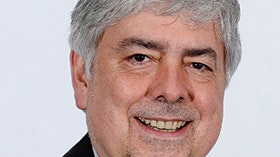Homepage
•
Learning Library
•
Blog
•
Educator professional development has worldwide impact
Expand breadcrumbs
Expand breadcrumbs
- Learning Library
- Blog
- Educator professional development has worldwide impact
- Homepage
- •
- Learning Library
- •
- Blog
- •
- Educator professional development has worldwide impact
Educator professional development has worldwide impact
By Dominic Savage
July 1, 2016








